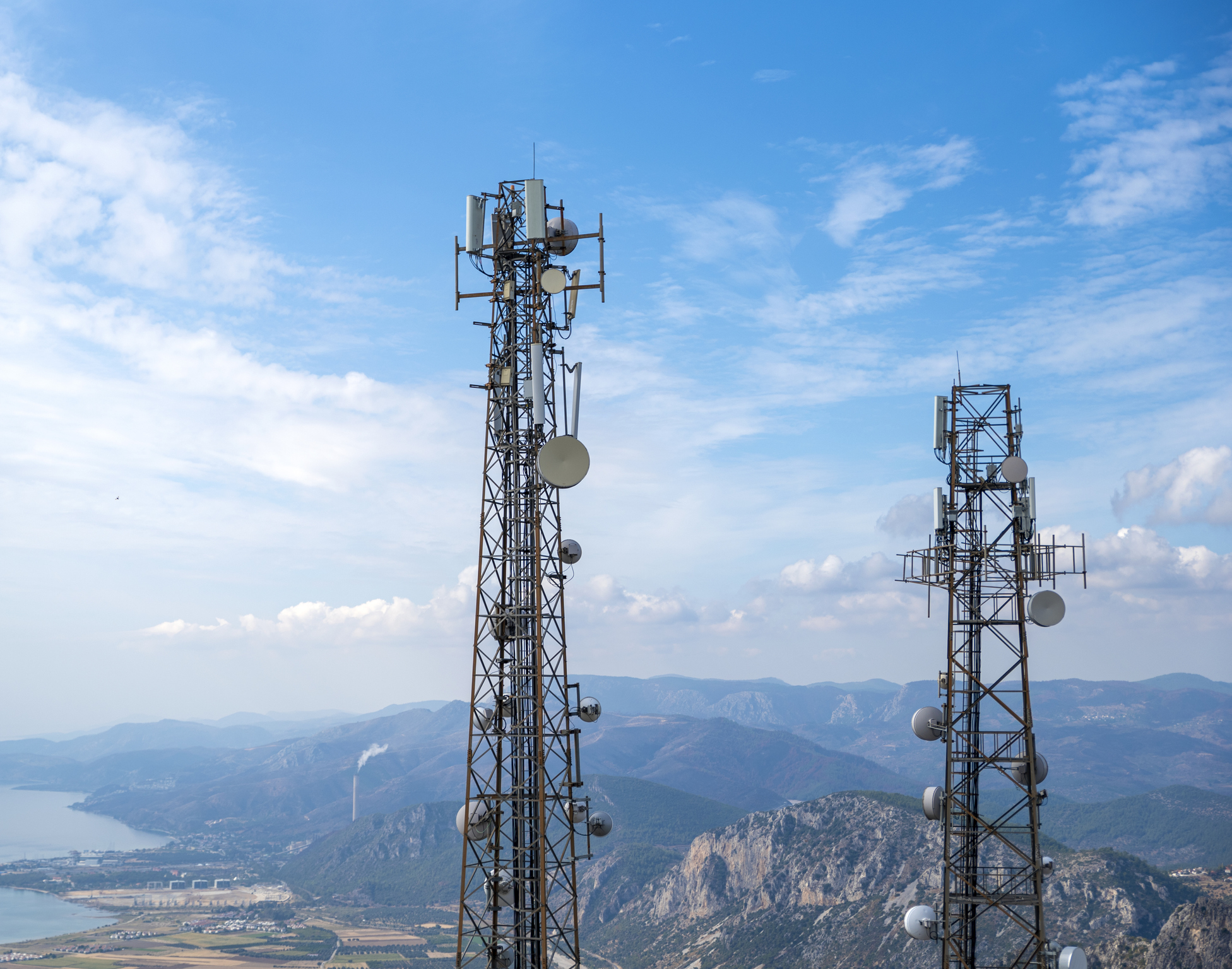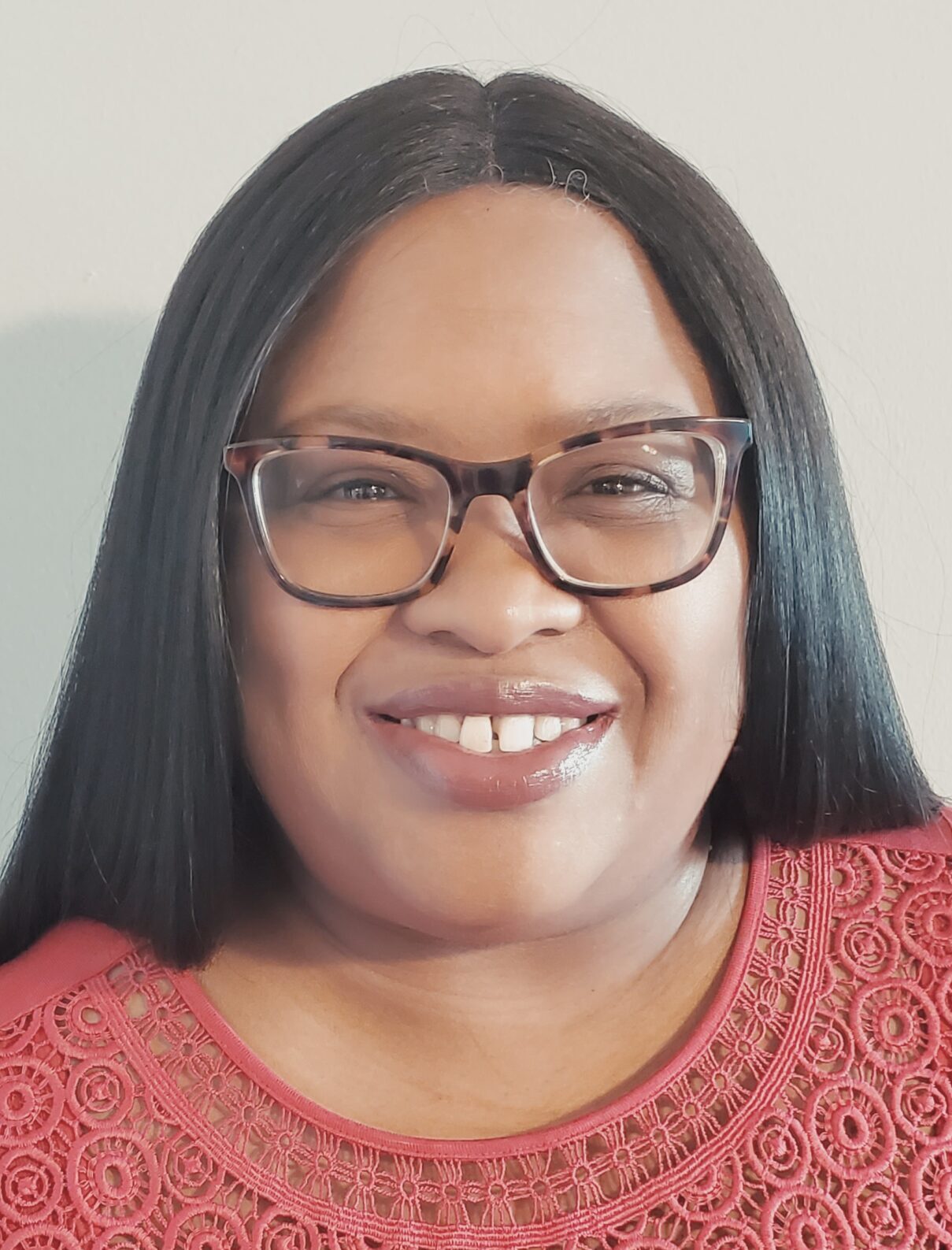In Alabama’s Black Belt the digital divide has compounded issues related to racial discrimination, high poverty, and limited access to healthcare services. Nine counties in the Black Belt have less than 30% access to broadband, and even in Black Belt cities with established infrastructure, like Birmingham, many residents face cost barriers. Both availability and affordability contribute to significant digital deserts in Birmingham and other Black Belt cities. This digital exclusion presents significant hurdles for these historically underserved communities. And during the Covid-19 pandemic, the digital divide has prevented many of these residents from reaching telehealth options, students from completing the school year, others from joining the workforce after layoffs, and some from accessing critical city and social services.
The City of Birmingham is committed to expanding broadband infrastructure and ensuring all Birmingham residents, households, communities, organizations, and businesses have access to appropriate devices, internet connections, technical support, and digital resources. Over the next year, FUSE will partner with Birmingham to launch a comprehensive strategy for combatting the digital divide city-wide. FUSE will creatively crowdsource data to map Birmingham’s broadband infrastructure, coverage, connectivity, and pricing; co-design solutions with the community, and employ public-private partnerships and federal, state, and local resources to initiate multiple digital inclusion pilot programs. These efforts will ensure digital equity is a driver of community cohesion and improves the learning, employment, and wellbeing of those most impacted by the Covid-19 crisis in Birmingham.

